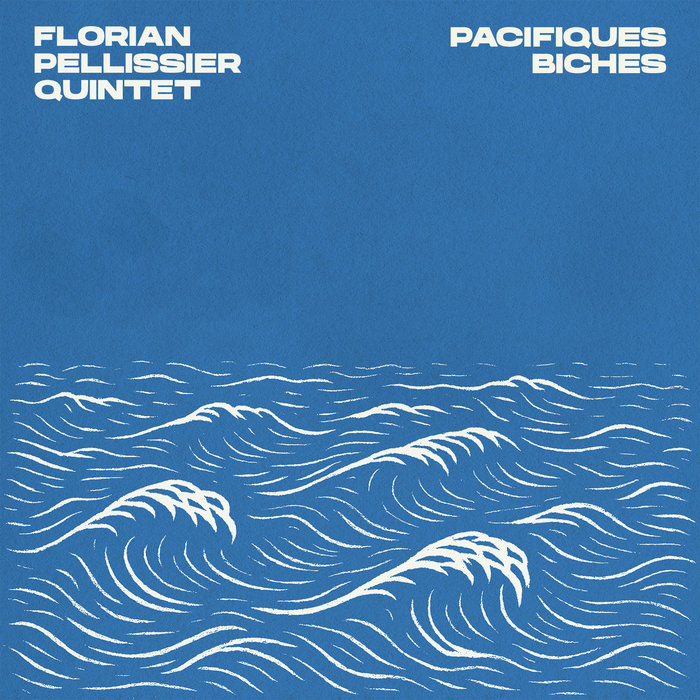
Où c'est ? Qui sait ? Feat DjeuhDjoah – Florian Pellissier Quintet
this blog is GROOVY – check out great Soul, Funk, Jazz, Hip Hop, Bass, Breaks , Reggae, House n many more TUNES
Hey there, groove-seekers! Grab your dancing shoes and let’s take a trip through the vibrant landscape of Afro Soul. This genre is like a delicious stew bubbling with flavors from Africa’s rich musical heritage, blending traditional sounds with modern vibes. So, sit back and let’s dive into the history, culture, and some fun tidbits about this heart-thumping rhythm.
Afro Soul combines elements of traditional African music—think drums, kalimbas (that cute thumb piano!), and call-and-response singing—with soul music that arose in the United States during the 1950s and 60s. It’s all about deep emotions wrapped up in groovy beats. Artists weave stories through their songs while you can’t help but tap your feet or sway to the rhythm.
The roots of Afro Soul can be traced back to various African folk traditions that incorporate storytelling through music. In places like Nigeria and Ghana, musicians would use local instruments alongside their powerful voices to tell tales of struggle, joy, love—basically everything life throws at you!
As we rolled into the mid-20th century, things started getting real jazzy! Musicians began incorporating jazz influences into their work; let’s give a nod here to legendary artists like Fela Kuti, who not only pioneered Afrobeat but also paved the way for subsequent genres including our beloved Afro Soul. Fela just knew how to make people move while delivering poignant messages!
By mixing traditional rhythms with Western styles such as funk and R&B during the late 1960s and early 1970s—a time when everyone was trying something new—African artists found themselves on global stages. You could start hearing echoes of this synthesis across continents! It was truly an international jam session.
Remember those days when records were spinning? Well, vinyl became a hot commodity too; everyone wanted a piece of that groovy sound coming out from Africa—especially artists who were eager for fresh inspiration!
Now let’s shine some light on notable figures in this genre:
Toots Hibbert: Although he hails from Jamaica (he helped create reggae), his tunes have had significant influence over many African musicians—and guess what? He once lost his two front teeth swimming with manatees (seriously!). Talk about dedication!
Angelique Kidjo: Known as “Africa’s premier diva,” she isn’t just belting out incredible notes; she learned multiple languages so she could sing her songs authentically across various cultures! And rumor has it she dances better than most people at weddings—they really should have seen her bust moves at Beyoncé’s concert.
Ayo: With her smooth voice pulling you in like honey drizzled on warm bread… Ayo is half Nigerian/half German but first-rate everywhere! Fun fact alert: She says her biggest regret is not learning guitar earlier because now she’s got too many strings attached (literally!).
These iconic figures blended different backgrounds which created an entirely new groove that just calls for celebration!
Fast forward to today! You’ll find fresh faces breathing life into Afro Soul each day—from Nigeria’s Burna Boy, whose beats can shake planets; Ghanaian sensation Wendy Shay, giving us both sassiness and grace; or Sampa The Great bringing Zambian rhythms right onto world stages… They’re making waves globally!
And let’s sprinkle internet magic on top—the rise of social media has meant these artists are reaching listeners before they even drop albums! TikTok challenges are born overnight by catchy hooks worth jamming along with… If you’re not doing the Burna shuffle, are you really living?!
You won’t believe how playful these stars get! There was one time when Angelique Kidjo accidentally wore two different shoes on stage—not cool if you’re someone who loves footwear fashion—but definitely makes for an epic Instagram story captioned “Dancing my way through style mishaps!”
And then there’s Wizkid droppin’ his phone live during performances where fans shout “fix it!” As if he’d know any workaround aside from asking tech support mid-show—it turned into viral memes faster than wifi connection speeds.
So there ya go—a little taste journey through good ol’ Afrosoul land filled with rhythm n’ spirit galore! This energetic hybrid captures hearts worldwide by celebrating diversity while keeping true roots alive within its grooves – whether it’s past legends or current game-changers lighting up stages today.
The beauty lies not only in breathtaking vocals or arresting melodies but also how collective experiences come together under one sunlit sky—all driving us forward… To dance till dawn without worry because isn’t life best lived with funky beats?
Grab those dance moves folks; embrace creativity around every corner whilst jiving onto tomorrow inspired by this awesome mix called Afro soul 🎶✨🕺🏿

Où c'est ? Qui sait ? Feat DjeuhDjoah – Florian Pellissier Quintet
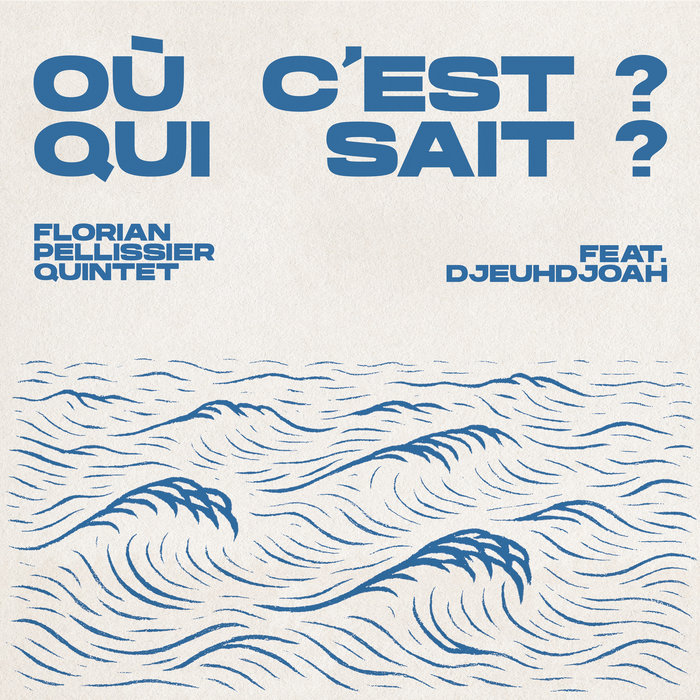
Où C’est ? Qui sait ? – Florian Pellissier Quintet Feat DjeuhDjoah
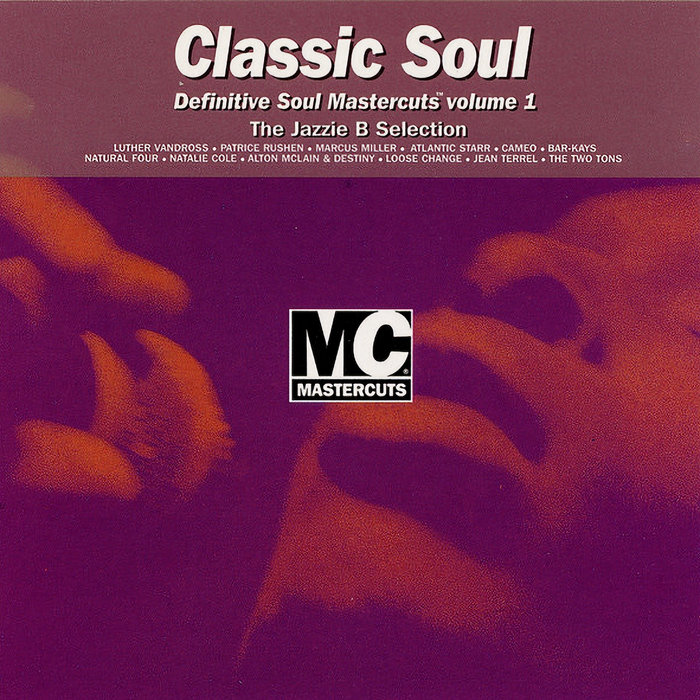
Try Love Again – The Natural Four
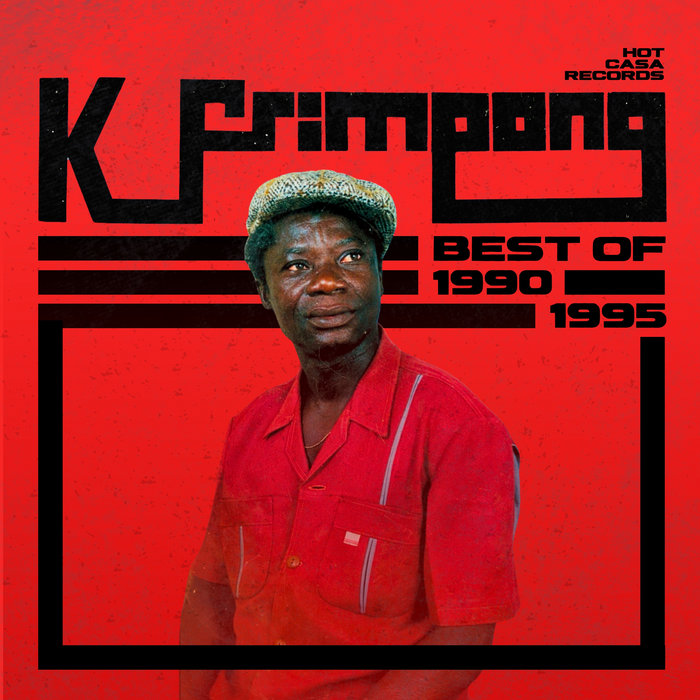
Kyenkyen – K Frimpong
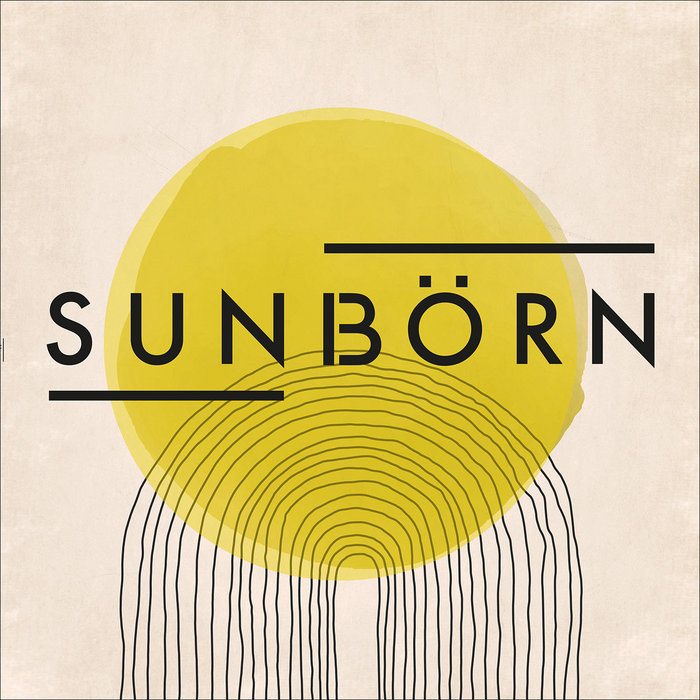
Dancing In The Dusk – Sunbörn
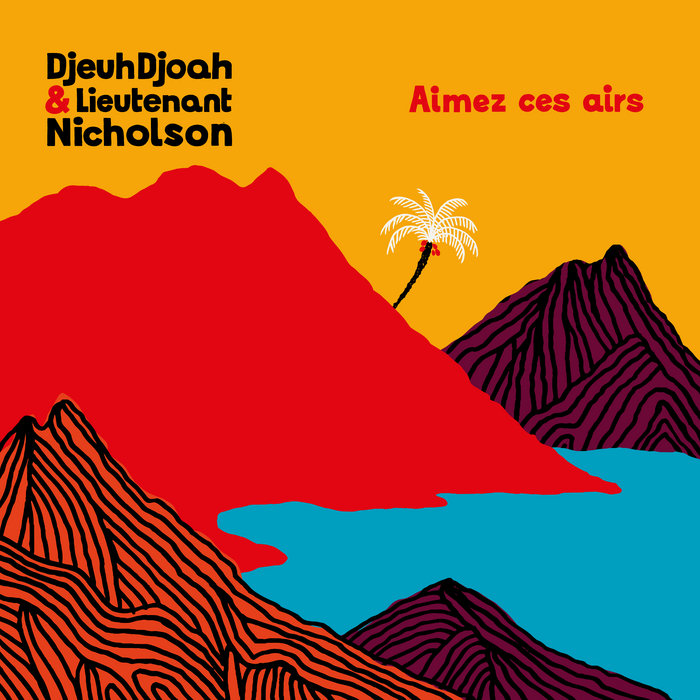
El niño – DjeuhDjoah & Lieutenant Nicholson
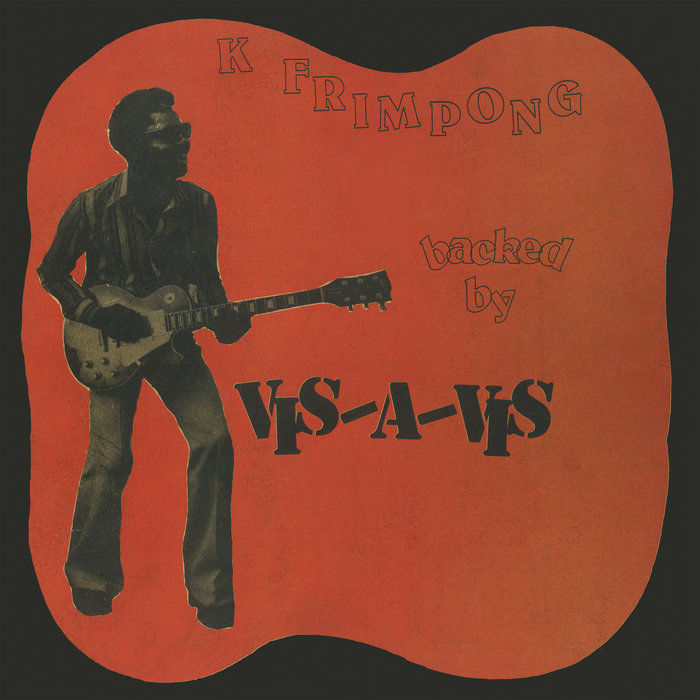
Aboagyewaa – K. Frimpong with Vis-A-Vis
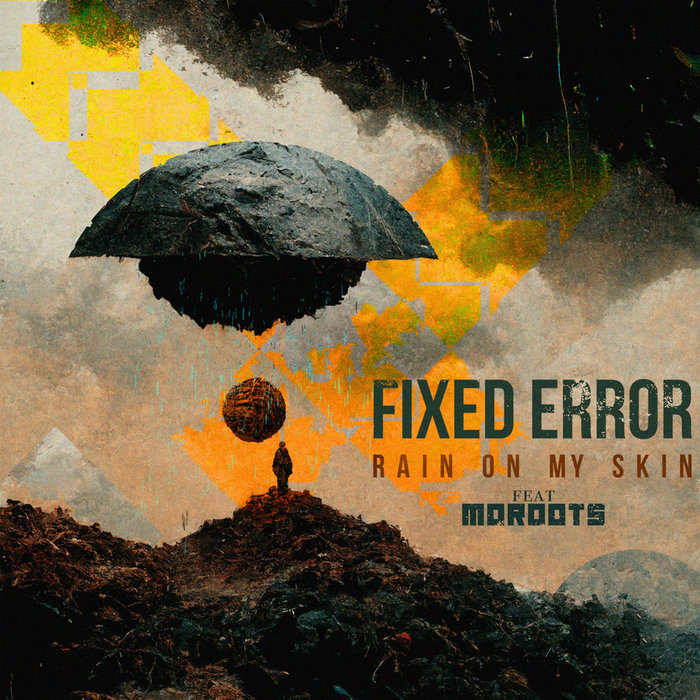
Rain On My Skin feat. MoRoots – Switchstance Recordings
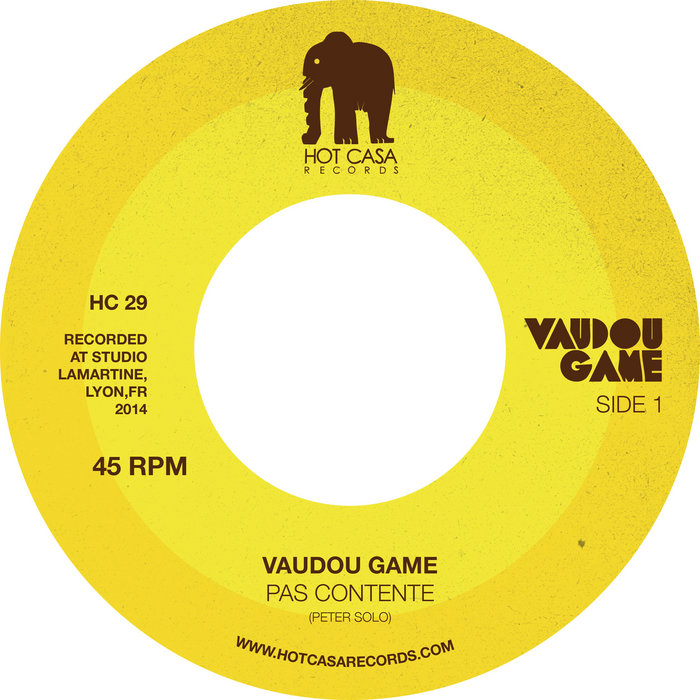
Lazy Train – Hot Casa Records
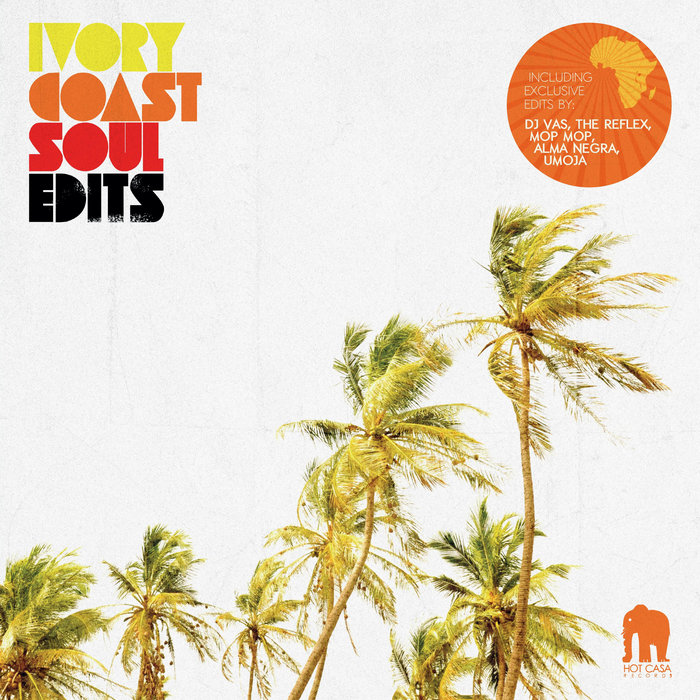
Moussa Doumbia : Unité ( Dj Julien Lebrun Edit) – Hot Casa Records